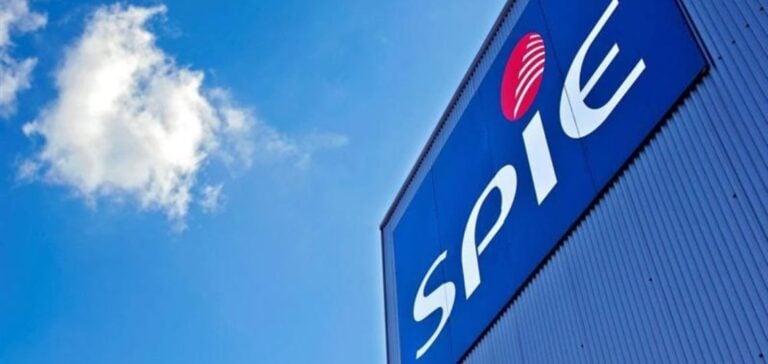SPIE Global Services Energy, via its Correll entity, has been awarded two multi-year framework contracts by Vattenfall, a leading European power producer.
These contracts cover the maintenance of high-voltage submarine cables, essential for the operation of Vattenfall ‘s offshore wind farms in Europe.
The five-year agreements exclude installations in Germany, but cover a large proportion of wind farms in other European regions, including the UK.
These contracts confirm SPIE’s ability to manage critical infrastructures in a complex environment.
Correll, with its expertise in offshore electrical engineering, will ensure fault detection and preventive maintenance of the cables, thus contributing to the reliability and durability of Vattenfall’s installations.
Strategic positioning and diversification
These new contracts are part of SPIE’s strategy to diversify its activities in the renewable energies sector, particularly in offshore wind power, an area where the reliability of submarine cables is crucial for the transport of the energy produced.
Vattenfall’s decision to entrust these tasks to SPIE underscores the trust placed in the company to manage such strategic infrastructures.
Through Correll, SPIE implements advanced monitoring and maintenance methods, guaranteeing the integrity of submarine high-voltage cable networks.
This expertise, developed through numerous projects throughout Europe, reinforces SPIE’s position as a key player in the maintenance of offshore energy infrastructures.
Impact on the European energy industry
These contracts are the latest in a series of similar agreements aimed at securing the energy supply of European countries.
The offshore wind power sector is particularly demanding in terms of maintenance, and benefits from SPIE’s accumulated experience.
The reliability of high-voltage cable networks is a key factor in ensuring the continuous, stable production of electricity from renewable energies.
SPIE has once again demonstrated its ability to operate in complex offshore environments, while adapting to the specific requirements of each project.
By working alongside Vattenfall, a major player in the sector, the company is securing a prominent place in the development of tomorrow’s energy infrastructures, without giving in to oriented rhetoric, but focusing on performance and operational efficiency.






















